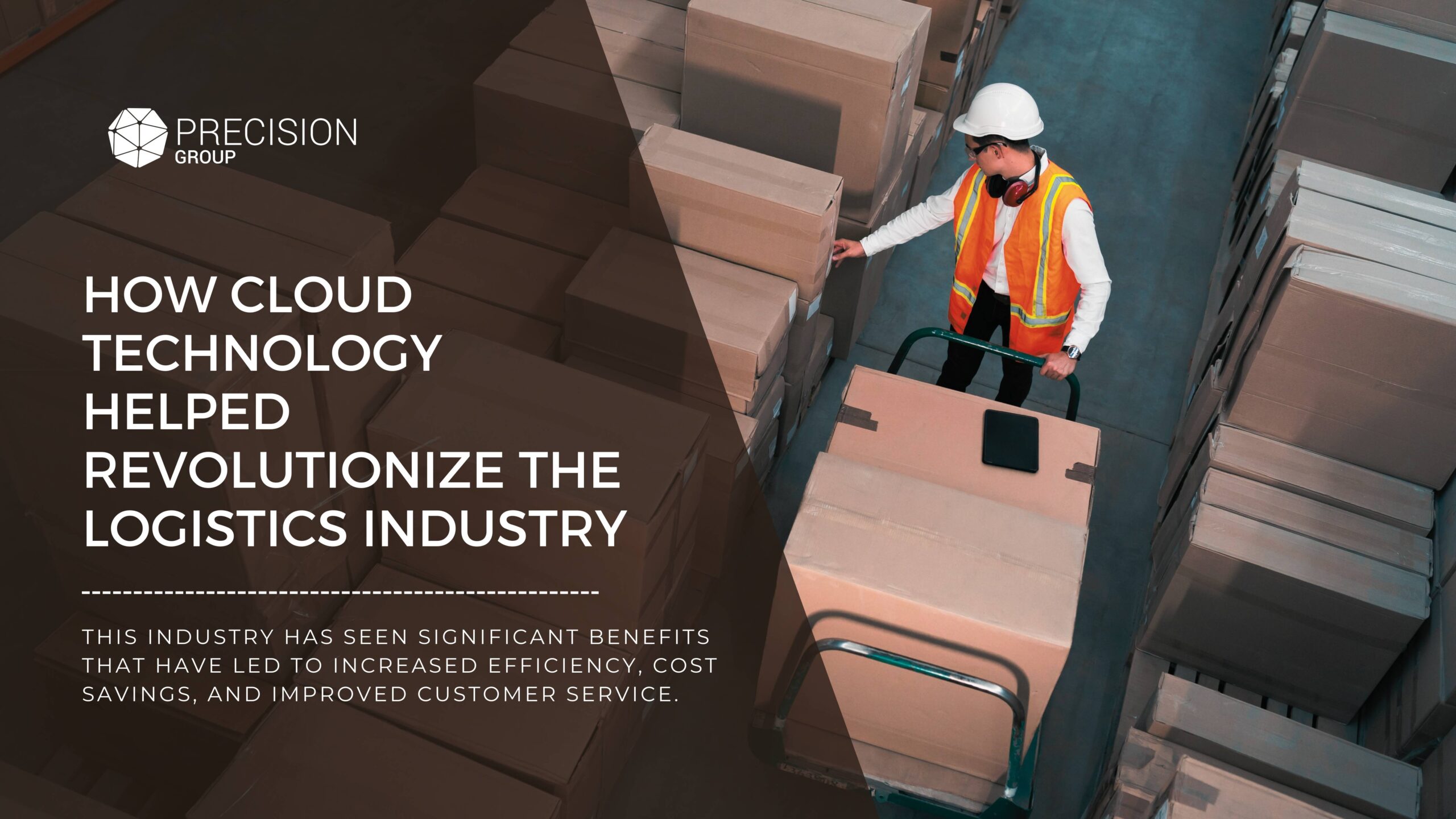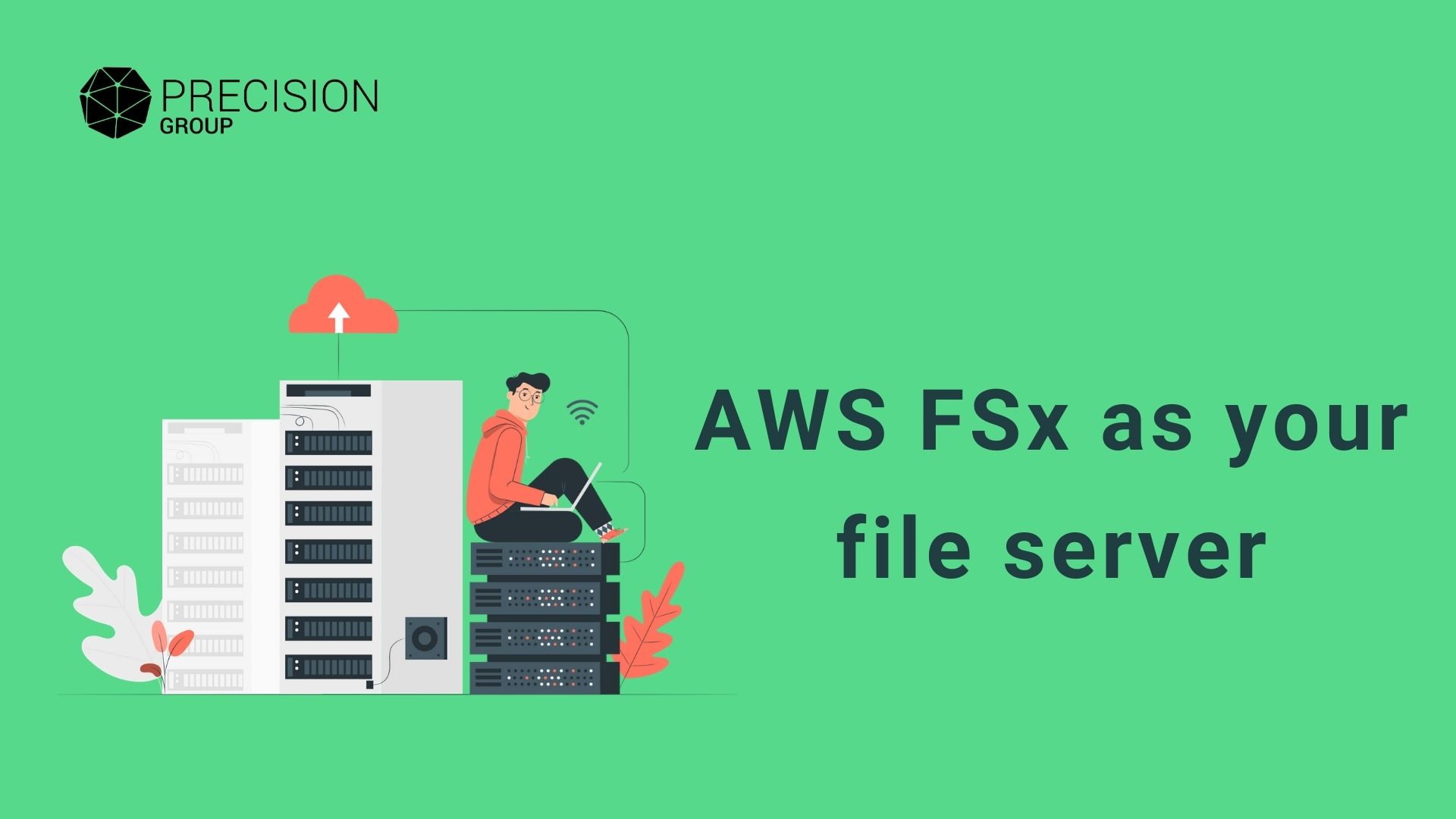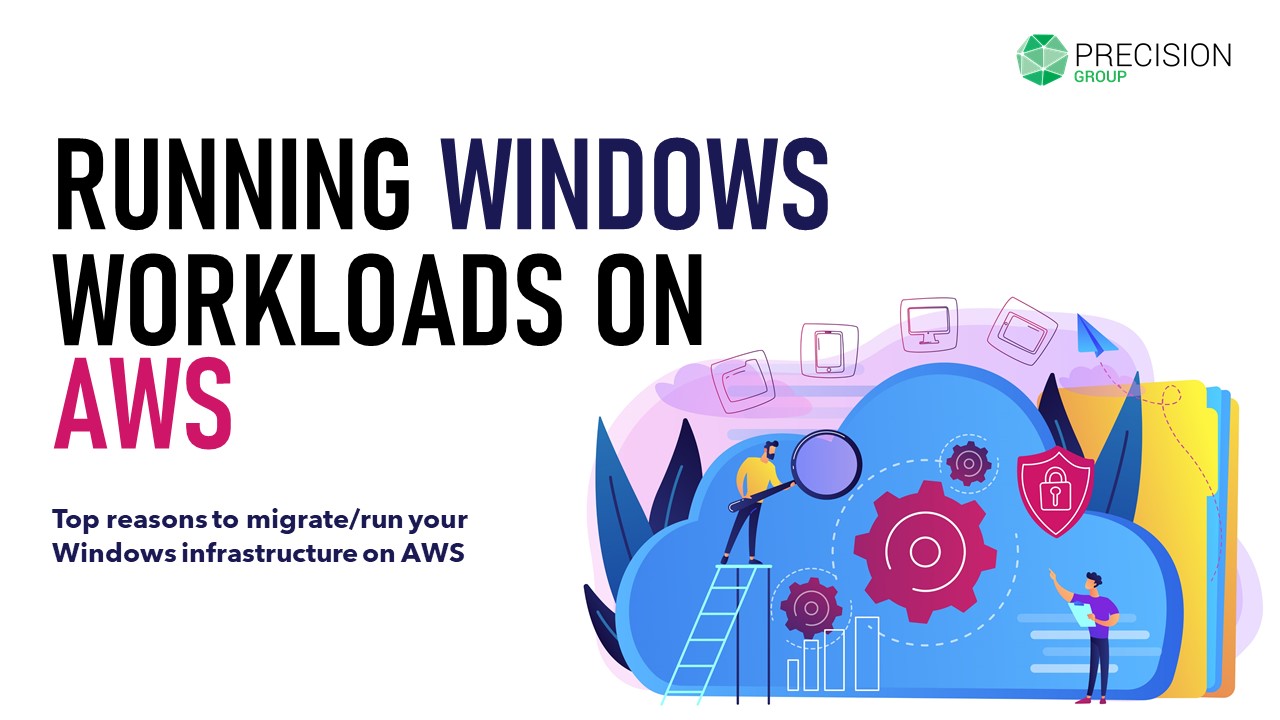HOW CLOUD TECHNOLOGY HELPED REVOLUTIONIZE THE LOGISTICS INDUSTRY
The logistics industry has always been a complex and challenging sector. With the advent of cloud technology, however, this industry has seen significant benefits that have led to increased efficiency, cost savings, and improved customer service.
Cloud technology is a computing model that allows users to access software, data, and resources through the internet. This model has been widely adopted in the logistics industry, as it enables businesses to access critical information and applications from anywhere, at any time, and on any device.
One of the most significant benefits of cloud technology in logistics is the ability to streamline operations. Cloud-based logistics management systems allow logistics providers to track and manage inventory, shipments, and deliveries in real-time. This real-time visibility means that logistics providers can make more informed decisions about inventory levels, route optimization, and delivery schedules, resulting in cost savings and improved efficiency.
Cloud technology also enables logistics providers to collaborate with their customers and suppliers more effectively. By using cloud-based communication tools, logistics providers can share information and data with their customers and suppliers in real-time, allowing for better coordination and collaboration.
Another advantage of cloud technology in logistics is its scalability. Cloud-based logistics systems can scale up or down based on demand, making it easier for logistics providers to handle fluctuations in volume. This scalability means that logistics providers can adjust their operations quickly to meet changing customer demands, improving customer service and satisfaction.
Cloud technology has also enabled logistics providers to leverage the power of big data analytics. By using cloud-based data analytics tools, logistics providers can analyse large amounts of data to identify trends and patterns that can be used to optimize operations, reduce costs, and improve efficiency. For example, logistics providers can use data analytics to analyse transportation routes and identify more efficient delivery routes, reducing transportation costs and improving delivery times.
Finally, cloud technology has enabled logistics providers to enhance their security and data privacy. Cloud-based logistics management systems provide secure storage and backup of critical data, protecting against data loss and unauthorized access. This enhanced security also helps logistics providers meet regulatory compliance requirements.
In conclusion, cloud technology has revolutionized the logistics industry by providing real-time visibility, collaboration, scalability, big data analytics, and enhanced security. These benefits have led to improved efficiency, cost savings, and better customer service, making cloud technology an essential tool for logistics providers in today’s highly competitive market.












